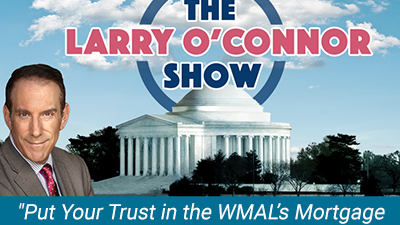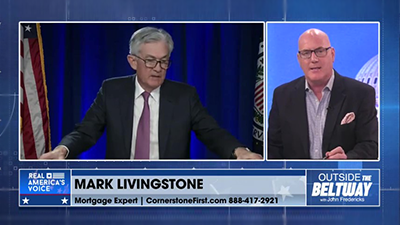A refinance could cut your monthly mortgage payment, but that doesn’t necessarily mean it’s the right move.
Even though rates spiked after the election and may rise further, there are about four million borrowers who will still benefit from refinancing, and of that, two million borrowers could save $200 or more per month by refinancing.
There are many reasons to refinance, but here’s what you should know before you act.
Refinancing costs money
There’s no such thing as a free refinance. You’ll need to pay closing costs, which typically run anywhere from 2 to 5 percent of your loan amount. So, if you’re refinancing a $150,000 loan, you might pay between $3,000 and $7,500 in closing costs upfront.
One option you have is for your mortgage lender to cover the closing costs using a no-closing cost refinance. But if you go that route, you’ll pay a slightly higher interest, says Ray Rodriguez, regional mortgage sales manager at TD Bank.
Therefore, “you need to calculate your time horizon,” says Rodriguez.
Before selecting a no-cost refinance, look at what the closing costs would be if you were paying for them separately, then calculate how long it would take the monthly payment savings from a refinance to repay the closing costs. Once you do that you can more accurately determine whether a no-closing cost refinance is mathematically sound for your situation.
Use a refinance calculator to see how long it will take for you to recoup the closing costs. If your breakeven point is four years but you only plan to stay in the home for two years, refinancing isn’t a smart move.
Savings should repay costs quickly
Refinancing makes sense when your interest rate on your mortgage is more than 100 basis points above current interest rates, says Todd Sheinin, a mortgage lender and chief operating officer at New America Financial in Gaithersburg, MD.
Of course, everyone has different objectives, so there’s no hard and fast rule on how much you should save, but generally your refi costs should be recouped in about two years or less.
Read the full report.






